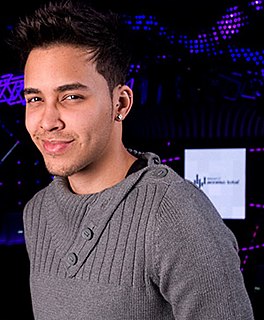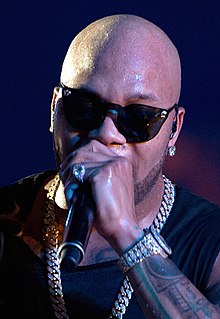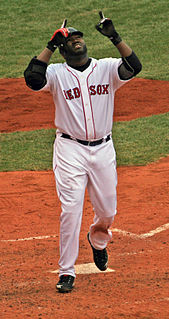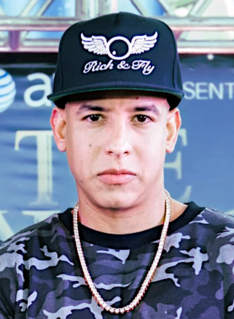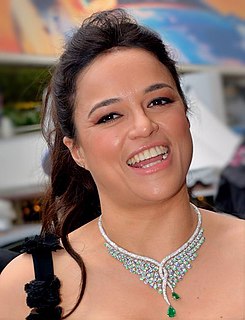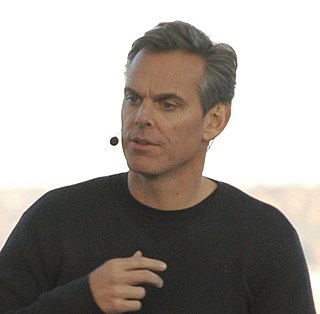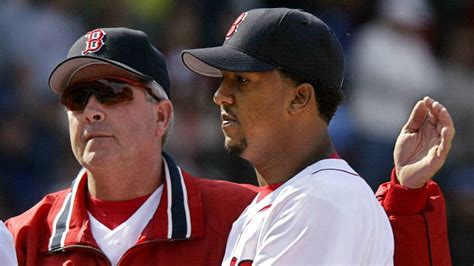A Quote by Edwidge Danticat
The whole history between Haiti and the Dominican Republic is complicated. We share the island of Hispaniola, and Haiti occupied the Dominican Republic for twenty-two years after 1804 for fear that the French and Spanish would come back and reinstitute slavery. So we have this unique situation of being two independent nations on the same island, but with each community having its own grievance.
Related Quotes
We still have our people working in the cane fields in the Dominican Republic. People are still repatriated all the time from the Dominican Republic to Haiti. Some tell of being taken off buses because they looked Haitian, and their families have been in the Dominican Republic for generations. Haitian children born in the Dominican Republic still can't go to school and are forced to work in the sugarcane fields.
Between 1831 and 1891, US armed forces - usually the Marines - invaded Mexico, Cuba, the Dominican Republic, Puerto Rico, Panama, Colombia, Nicaragua, Uruguay, Brazil, Haiti, Argentina, and Chile a total of thirty-one times, a fact not many of us are informed about in school. The Marines intermittently occupied Nicaragua form 1909 to 1933, Mexico from 1914 to 1919, and Panama from 1903 to 1914. To 'restore order' the Marines occupied Haiti from 1915 to 1934, killing over two thousand Haitians who resisted 'pacification.'
Being from Miami, you're used to the fact that your home is a vacation spot. But that's what makes Miami one of the best places in the world. We're so rich in different cultures, being so close to Haiti, Cuba, the Dominican Republic, and Puerto Rico, and then you've got people who travel from all over the world just to come visit.
The DOCF all started when I made a trip to a local hospital in the Dominican Republic. I was visiting children who had received life-saving heart care operations. I couldn't help but think that in another life, one of these kids could be my own son. If it wasn't for baseball, I may have remained in the Dominican Republic and who knows where life would have taken me. It was then that I knew that I had to use the gift that I received, to play baseball, to do whatever I could to give back.
There is this split between the Haiti of before the earthquake and the Haiti of after the earthquake. So when I'm writing anything set in Haiti now, whether fiction or nonfiction, always in the back of my mind is how people, including some of my own family members, have been affected not just by history and by the present but also by the earthquake.
Haiti was founderd by a righteous revolution in 1804 and became the first black republic. It was the first country to break the chains of slavery, the first to force Emperor Napoleon to retreat, and the only to aid Simón Bolívar in his struggle to liberate the indigenous people and slaves of Latin America from their colonial oppressors.



